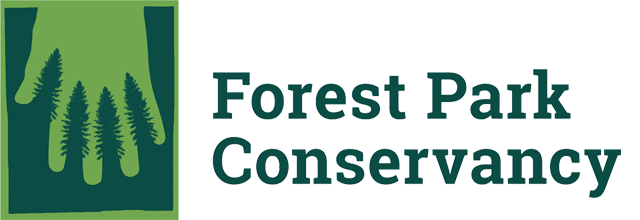Privacy Policy
FPC maintains the highest level of respect for the privacy of its donors. In furtherance of our commitment to honor your rights, we have developed this Donor Privacy Policy to guide our volunteers and staff on how they may and may not use your personal information. This policy may be updated from time to time.
The information we collect:
FPC collects and uses personal information from donors that includes: amount donated, address, telephone number, donor comments and email address. Tax laws in the United States and the State of Oregon require FPC to keep contact information and contribution level of donors on file.
How we use that information:
FPC will never publish, sell, trade, rent or share names (unless released for publication), email or mail addresses, or telephone numbers of our donors. FPC will use contact information (email, telephone number and address) of donors for these purposes only:
- Distribute receipts for donations
- Thank donors for their donation
- Inform donors about upcoming fundraising and other activities of FPC
- Internal analysis and record keeping
- Reporting to relevant U.S. and State agencies (these reports are not for public inspection)
- Contact donors about changes to this policy
However, properly anonymized donor information is used for promotional and fundraising activities. We allow donors the option to have their name publicly associated with their donation unless the donor explicitly chooses “anonymous” when donating. Comments given in donor forms are published in public lists and may be used in promotional materials while comments sent to us via email, fax or telephone are kept confidential.
Financial information:
All access to donor financial information is limited to professional staff and our business associates who need to process those data. No such data are given to any person, organization or group who does not need to access those data.
FPC only uses online payment processing services with world class security and strong reputations. FPC does not store, nor does it have access to, your credit card information, bank account numbers, or other account data sent to those processing services.
Donations to FPC go to a locked location until processed. All information is maintained securely and kept confidential and is shredded after need for information under auditing standards has passed.
Contact us:
If you have questions about this Donor Privacy Policy or if you wish to be removed from our email/postal contact lists, please email us at info@forestparkconservancy.org or write to us at:
Forest Park Conservancy
c/o Development Office
833 SW 11th Ave., Suite 800
Portland, OR 97205
Donations may be sent to the same address.
Donor Bill of Rights:
FPC subscribes to the Donor Bill of Rights.
Philanthropy is based on voluntary action for the common good. It is a tradition of giving and sharing that is primary to the quality of life. To assure that philanthropy merits the respect and trust of the general public, and that donors and prospective donors can have full confidence in the not-for-profit organizations and causes they are asked to support, we declare that all donors have these rights:
- To be informed of the organization’s mission, of the way the organization intends to use donated resources, and of its capacity to use donations effectively for their intended purposes.
- To be informed of the identity of those serving on the organization’s governing board, and to expect the board to exercise prudent judgment in its stewardship responsibilities.
- To have access to the organization’s most recent financial statements.
- To be assured their gifts will be used for the purposes for which they were given.
- To receive appropriate acknowledgment and recognition.
- To be assured that information about their donations is handled with respect and with confidentiality to the extent provided by law.
- To expect that all relationships with individuals representing organizations of interest to the donor will be professional in nature.
- To be informed whether those seeking donations are volunteers, employees of the organization or hired solicitors.
- To have the opportunity for their names to be deleted from mailing lists that an organization may intend to share.
- To feel free to ask questions when making a donation and to receive prompt, truthful and forthright answers.
The text of this statement in its entirety was developed by the American Association of Fund-Raising Counsel (AAFRC), Association for Healthcare Philanthropy (AHP), Council for Advancement and Support of Education (CASE), and National Society of Fund Raising Executives (NSFRE).
